Cosworth-Tuned 1975 Chevy Vega Spent Eons in a West Virginia Shed
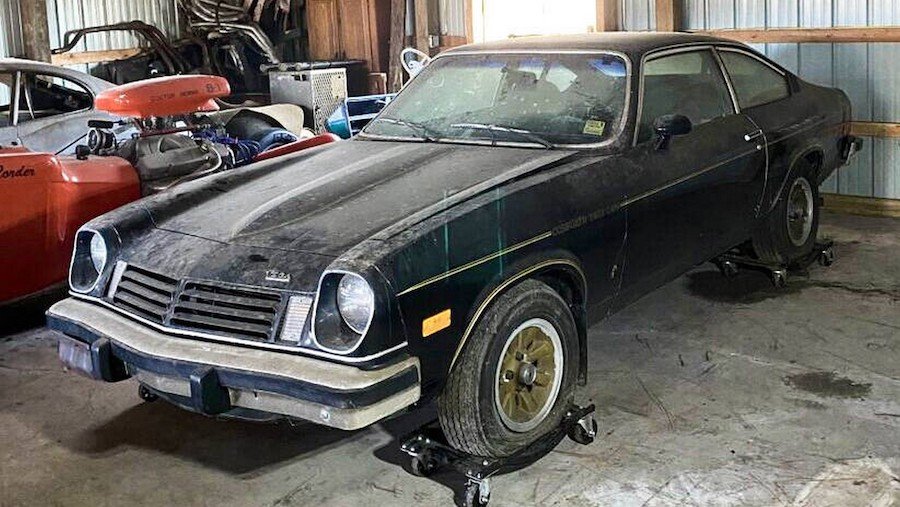
If you could believe it, GM even pegged the Vega as their direct answer to the Toyota Corolla and the original Beetle. Yeah, it doesn't take a genius to figure out how that endeavor went. Some even argue the Vega was the worst model in the history of Chevrolet. But a lousy car can attempt to better itself if the manufacturer has any shame.
But at least one person at General Motors had a good sense to try and squeeze some performance out of what was otherwise an emissions-choked beached whale of a mid-size coupe. Indeed, the Lordstown Assembly plant in Lordstown, Ohio, was built for the express purpose of building the Vega, only for workers to slap an anemic pair of 2.3-liter straight four-engines, the standard of which for 1975 made a measly 78 horsepower. Ironically, that's roughly the same power output made by a modern-day Mitsubishi Mirage, but at least that has a modern stereo and a warranty.
It was John DeLorean, Architect of the DMC-12 and the Pontiac GTO, who first figured the Vega needed a drastic change under the engine bay. Anyone who knows the story of General Motors' most eccentric designer knows that DeLorean was an appreciator of the European approach to sporty vehicles. I.e., smaller cars with peppy, high-revving four or six-cylinder engines that lend a much more invigorating driving experience than someone used to "no replacement for displacement" being a motto not just for automobiles but life itself.
The average muscle car aficionado might not have appreciated the finer points of a well-sorted European sporty engine. But John DeLorean sure did; that's why he contracted Cosworth of Northampton, England, to engineer a limited run of purpose-built, two-liter engines just for the use of making the Vega more fun to drive. With a die-cast aluminum block, 16-valve heads, dual-overhead camshafts, and forged aluminum pistons running on a Bendix electronic fuel injection system, the Cosworth Vega engine was lightyears ahead of anything GM installed natively in the Vega platform.
The new Cosworth motor was around 60 lbs lighter than the single-cam engine that came standard with the Vega. It also revved an impressive 1,500 rpm higher than the base engine, or 6,500 rpm in total. Add it all together, and the Chevy Cosworth Vega jetted 110 horsepower from the factory. That's 32 more horses than the stock engine, good for zero to 60 from a dig in 7.7 seconds. As for this one for sale on Bring a Trailer Auctions out of Elkins, West Virginia, it'd be a joy to see this beast fire to life again. Take your chance now, or you'll regret it.


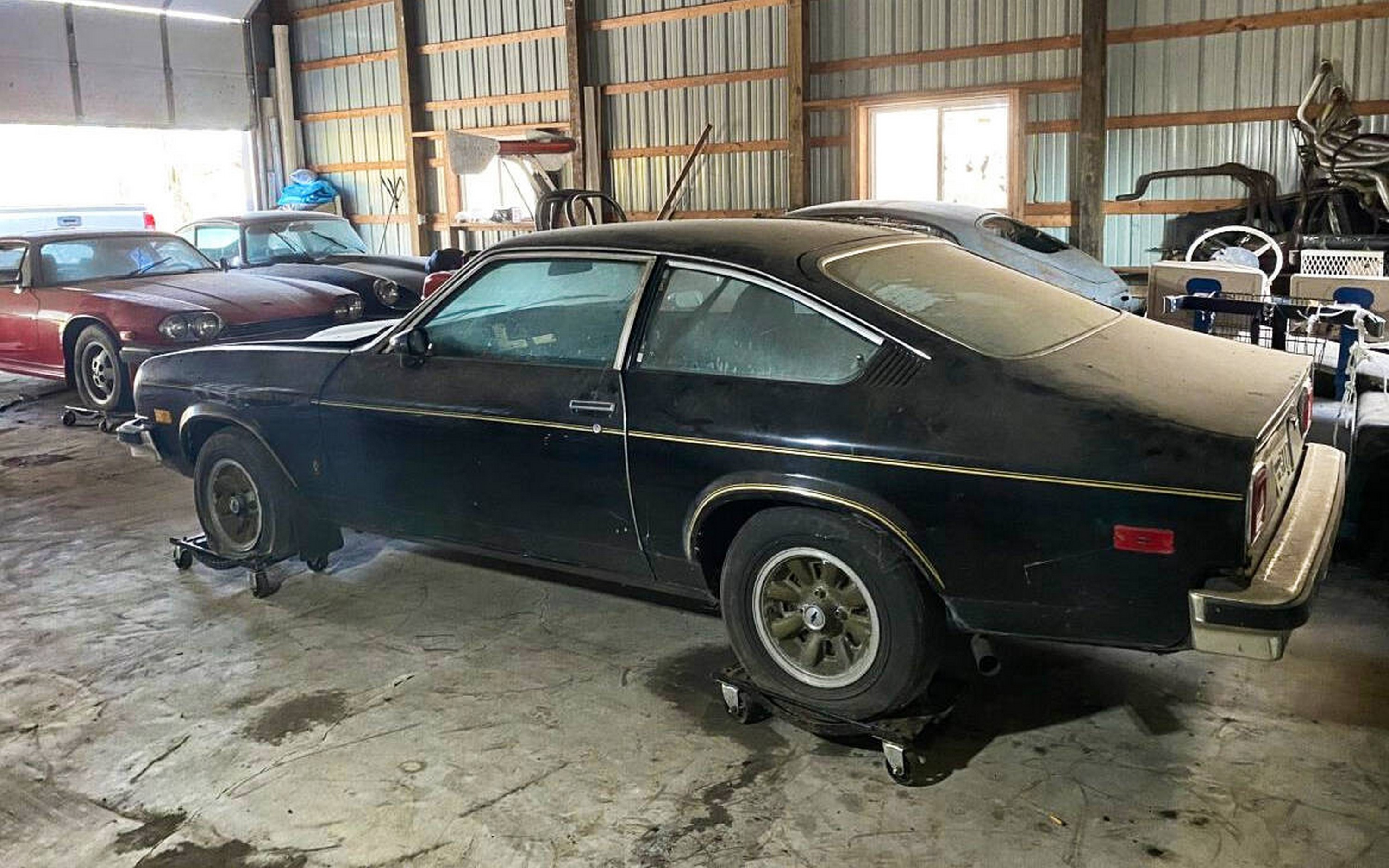
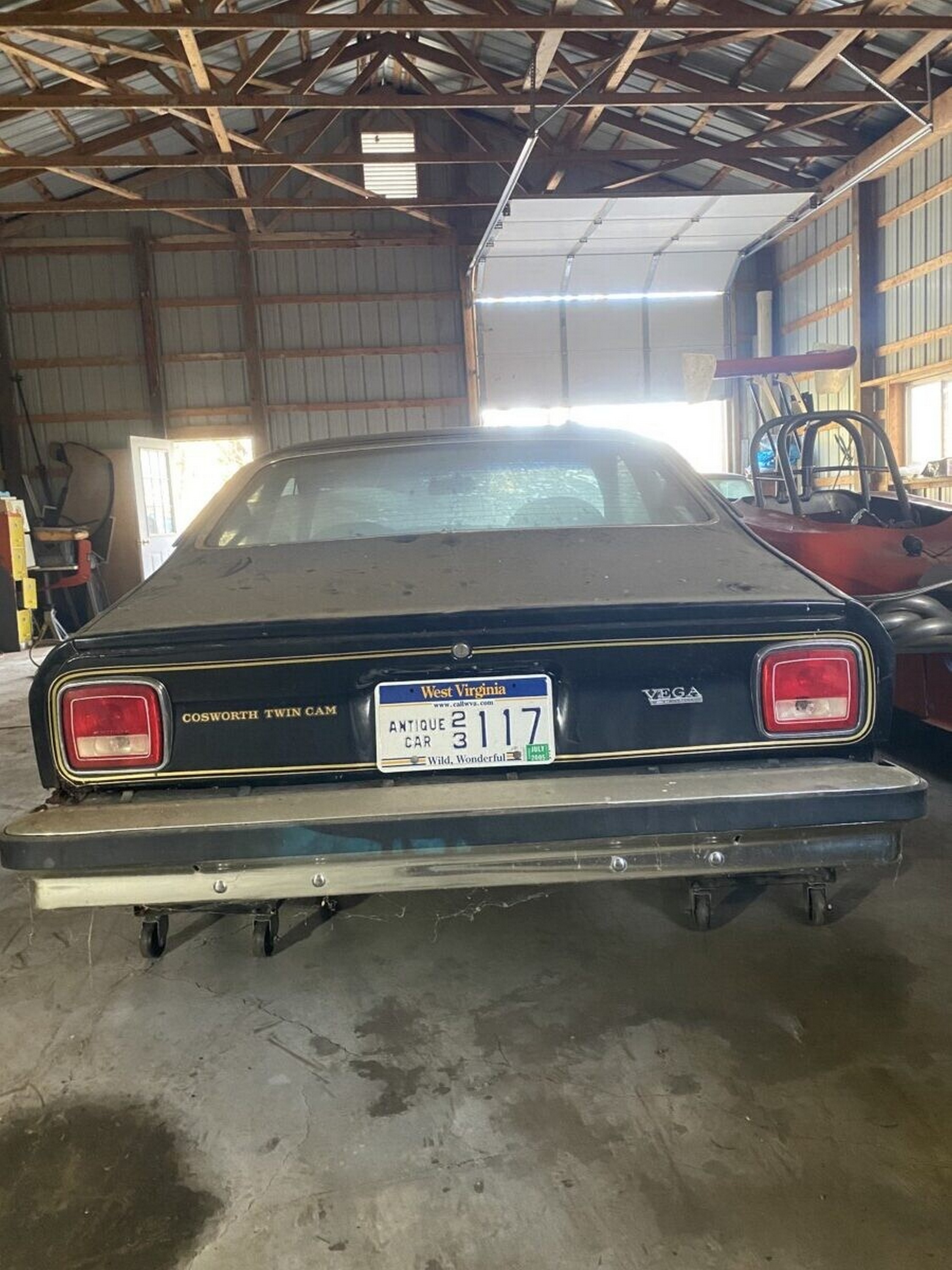
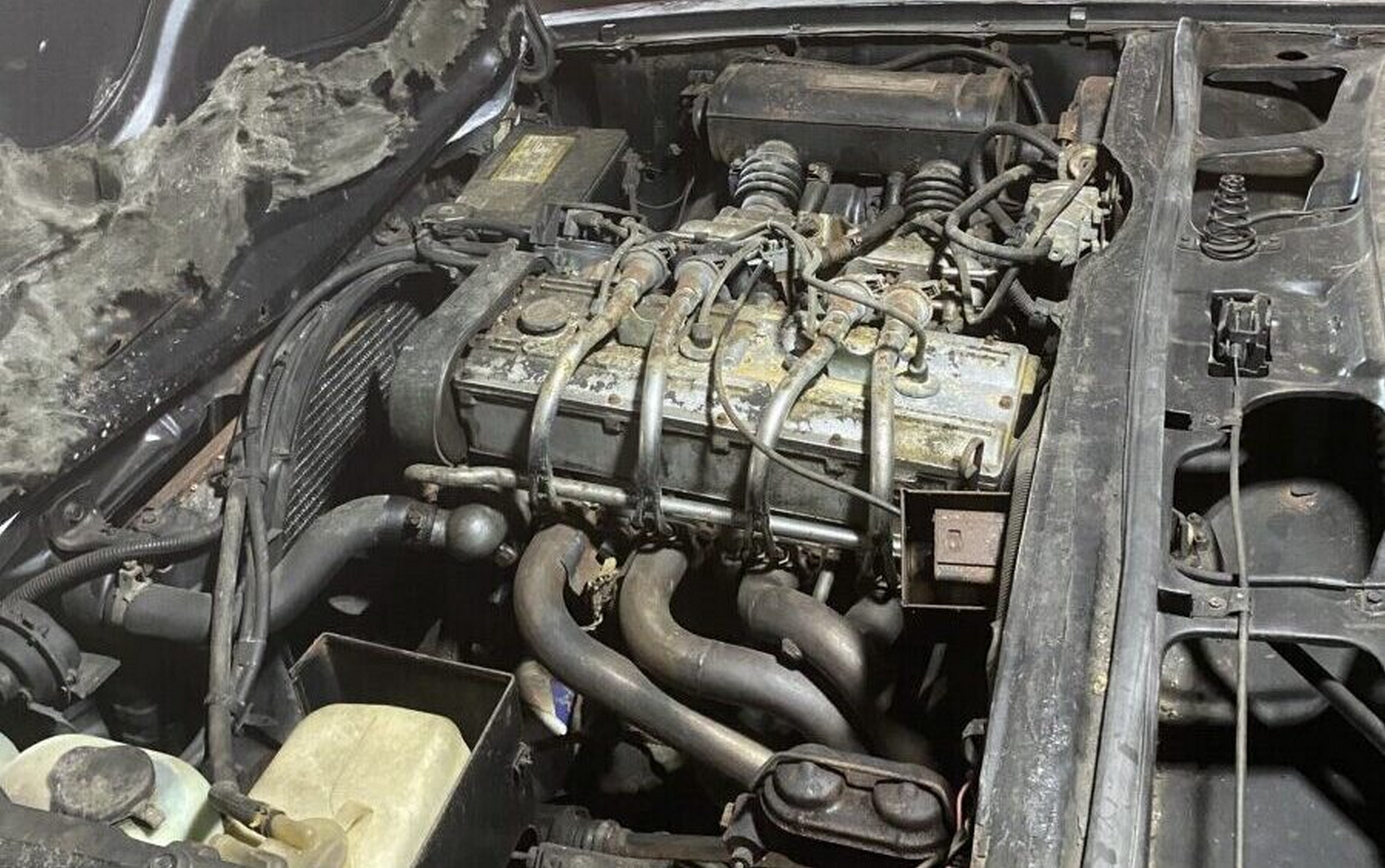
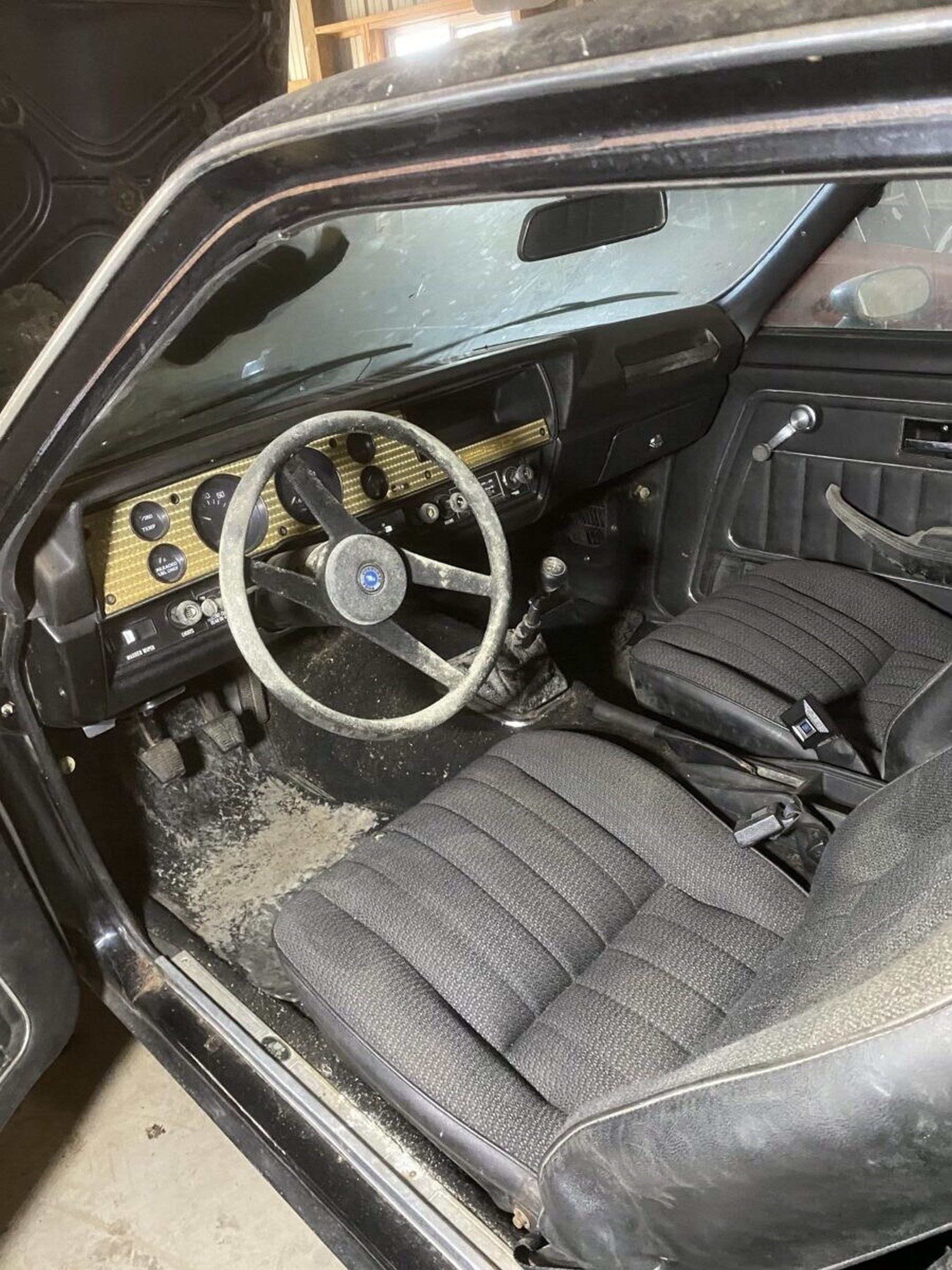
Verwandte Nachrichten
